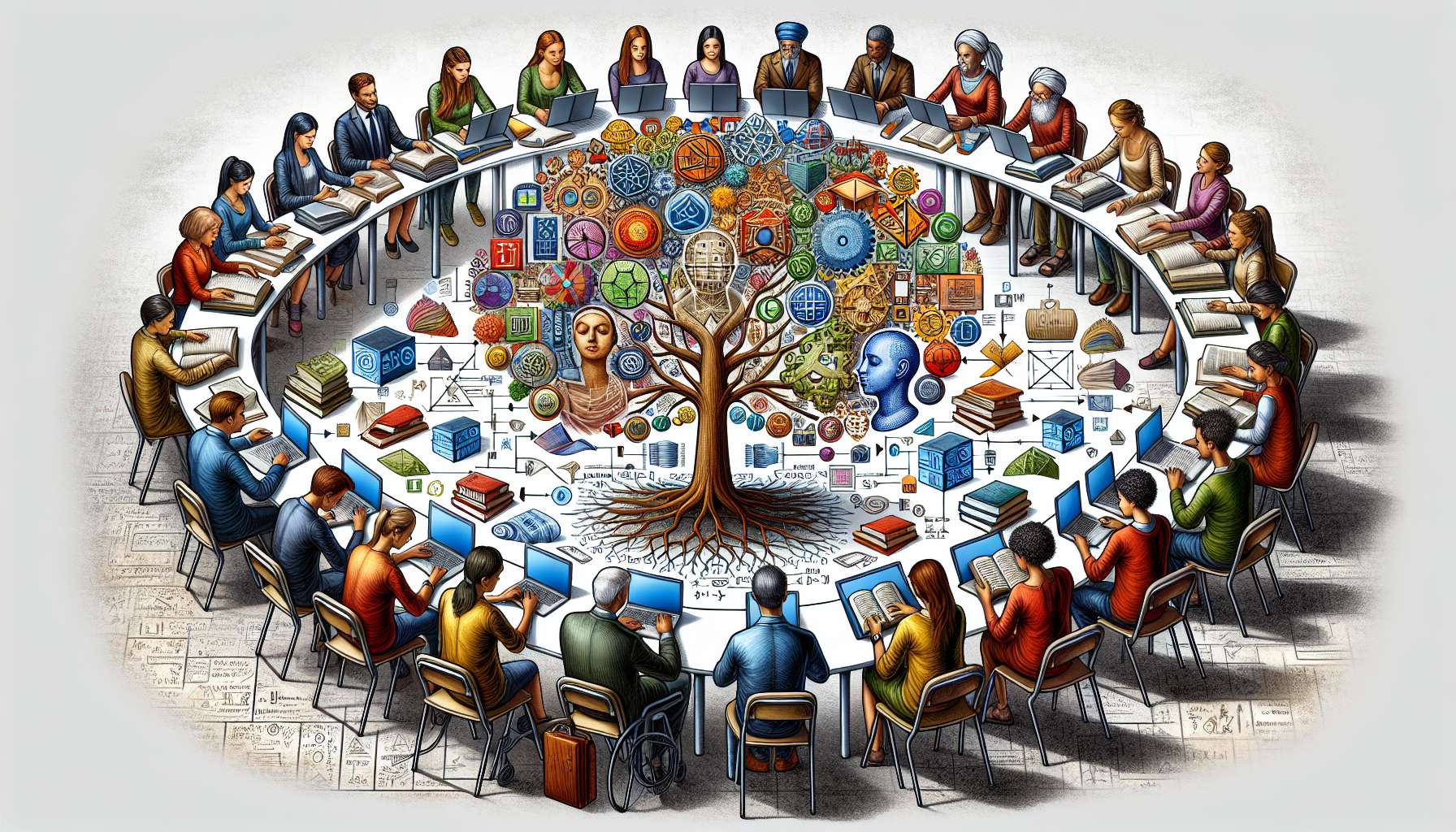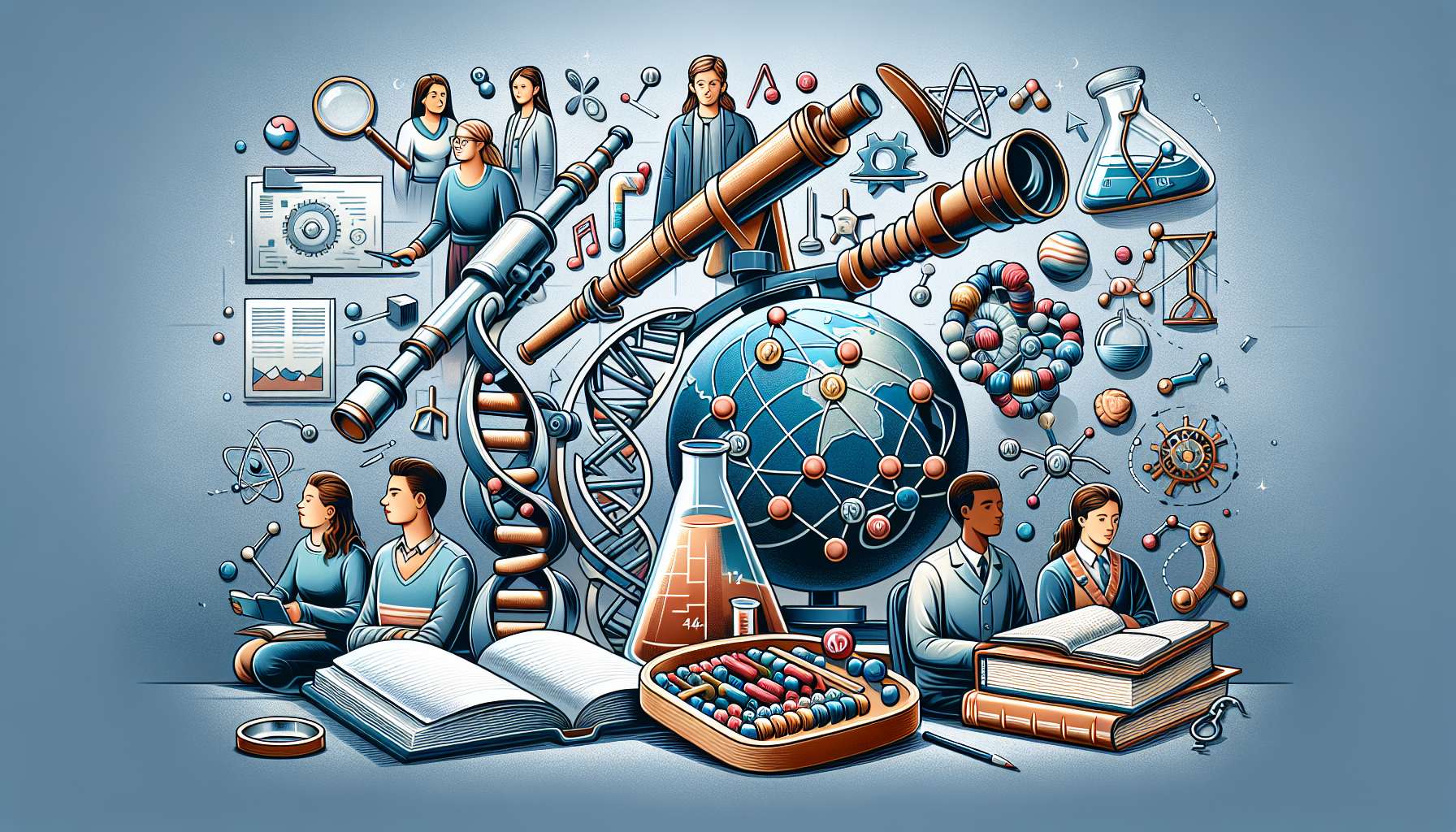Unlocking the Power of Learning Frameworks: A Comprehensive Guide
Learning frameworks are the backbone of educational systems, providing structure, guidance, and direction to both educators and learners. In a rapidly evolving world where information is abundant and ever-changing, having a solid framework for learning is crucial for success. But what exactly are learning frameworks, and how do they impact the way we learn and teach? In this in-depth exploration, we will delve into the world of learning frameworks, examining their significance, applications, and implications in the realm of education.
The Foundation of Learning Frameworks
At its core, a learning framework is a structured approach or model that outlines the key components of a learning process. These components may include goals, objectives, content, instructional strategies, assessment methods, and resources. By providing a roadmap for learning, frameworks help educators design effective learning experiences that cater to the diverse needs of learners.
One of the most widely used learning frameworks is the Bloom’s Taxonomy, which categorizes learning objectives into six levels of cognitive complexity: remembering, understanding, applying, analyzing, evaluating, and creating. This hierarchical model serves as a guide for educators to develop activities and assessments that target different levels of thinking skills.

Types of Learning Frameworks
There are various types of learning frameworks tailored to different educational contexts and goals. Some popular frameworks include:
1. Constructivist Framework
The constructivist framework is based on the belief that learners construct their own understanding of the world through active participation and reflection. This approach emphasizes hands-on, experiential learning activities that promote critical thinking and problem-solving skills.
2. Inquiry-Based Learning Framework
Inquiry-based learning encourages students to ask questions, investigate, and explore topics of interest. This framework fosters curiosity, independence, and a deeper understanding of concepts by placing students at the center of the learning process.
3. Social Learning Framework
Social learning frameworks emphasize the role of social interactions in the learning process. Collaborative activities, group projects, and peer feedback are key components of this framework, promoting teamwork, communication skills, and a sense of community among learners.
Applications of Learning Frameworks
Learning frameworks have a wide range of applications across various educational settings, from traditional classrooms to online learning environments. Some common uses of learning frameworks include:
1. Curriculum Design
Learning frameworks serve as the blueprint for designing curricula that align with learning objectives and standards. Educators use frameworks to structure course content, activities, and assessments to ensure comprehensive coverage of key concepts.
2. Lesson Planning
Frameworks guide educators in planning individual lessons by outlining the sequence of activities, resources, and assessments that support the learning goals. By following a structured framework, teachers can create engaging and effective lessons that cater to diverse learning styles.
3. Assessment and Evaluation
Learning frameworks provide a basis for designing assessments that measure students’ progress and understanding. By aligning assessments with learning objectives and criteria, educators can accurately evaluate students’ learning outcomes and identify areas for improvement.
The Future of Learning Frameworks
As technology continues to reshape the landscape of education, learning frameworks are evolving to adapt to the digital age. Online learning platforms, virtual reality simulations, and artificial intelligence tools are revolutionizing the way we learn and teach, prompting the development of new frameworks that incorporate these technologies.
One emerging trend in learning frameworks is personalized learning, which tailors instruction to the individual needs and interests of each learner. By leveraging data analytics and adaptive learning algorithms, personalized learning frameworks offer customized learning experiences that optimize student engagement and achievement.
Another area of growth is competency-based education, which focuses on mastery of specific skills or competencies rather than traditional grading systems. Competency-based frameworks allow learners to progress at their own pace, demonstrating proficiency through assessments and real-world applications.
Expert Opinions
According to Dr. John Hattie, an education researcher and author, “Learning frameworks are essential tools for educators to design meaningful learning experiences that engage students and foster deep understanding. By incorporating evidence-based practices and principles, educators can maximize the impact of their teaching and enhance student learning outcomes.”
Dr. Angela Duckworth, a psychologist and author of “Grit: The Power of Passion and Perseverance,” believes that “Learning frameworks that promote growth mindset, resilience, and perseverance are critical for developing students’ motivation and self-regulation skills. By cultivating a positive learning environment that values effort and persistence, educators can empower students to achieve their full potential.”
Common Misconceptions
One common misconception about learning frameworks is that they restrict creativity and spontaneity in the classroom. In reality, frameworks provide a flexible structure that guides educators in designing engaging and innovative learning experiences while ensuring alignment with learning goals and standards.
Another misconception is that learning frameworks are one-size-fits-all solutions that do not accommodate the diverse needs of learners. In fact, frameworks can be adapted and customized to suit different learning styles, preferences, and abilities, allowing educators to create inclusive and equitable learning environments.
Comparative Analysis
When comparing different learning frameworks, it is essential to consider their underlying principles, goals, and methodologies. While some frameworks may prioritize content mastery and academic achievement, others may emphasize skills development and real-world applications.
For example, the 21st-century skills framework focuses on critical thinking, communication, collaboration, and creativity as essential competencies for success in the digital age. In contrast, the competency-based framework emphasizes mastery of specific skills and knowledge to demonstrate competency and readiness for future opportunities.
Conclusion
In conclusion, learning frameworks play a pivotal role in shaping the way we learn and teach by providing a structured approach to educational design and delivery. From traditional classrooms to online learning platforms, frameworks guide educators in designing effective learning experiences that engage students, foster critical thinking, and promote lifelong learning.
As we navigate the complexities of the modern educational landscape, it is essential to embrace innovative approaches and technologies that enhance the efficacy of learning frameworks. By staying informed, adaptable, and reflective in our practice, we can harness the power of learning frameworks to empower students, inspire creativity, and drive positive change in education.
To wrap things up, learning frameworks are not just tools; they are the foundation upon which we build a brighter future for generations to come.




